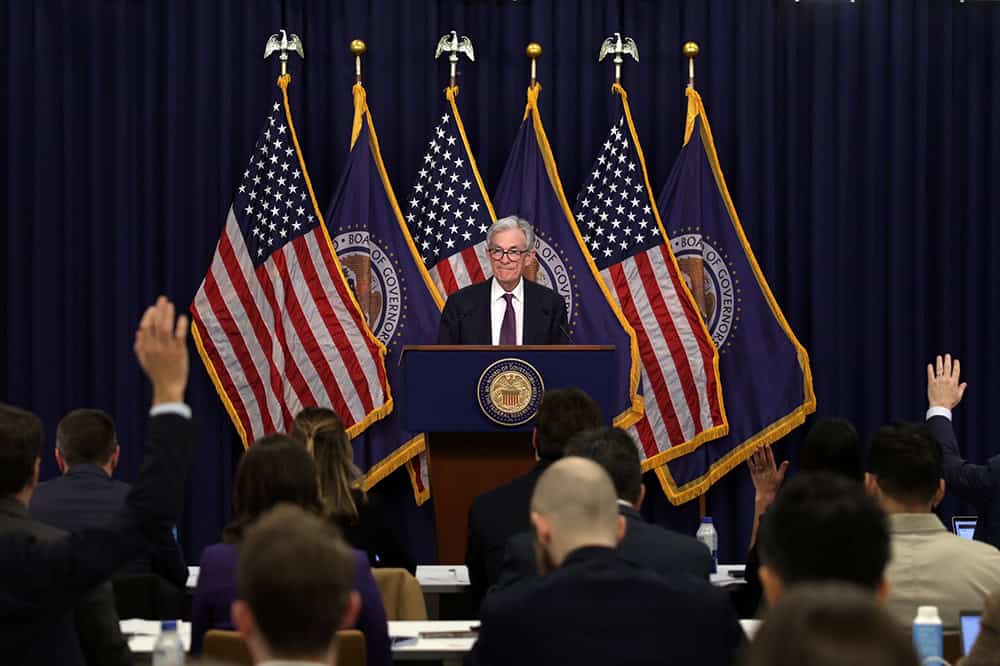Peterson Foundation Statement on Social Security and Medicare Trustees Reports

NEW YORK — Michael A. Peterson, CEO of the Peter G. Peterson Foundation, commented today following the release of the 2022 Social Security and Medicare Trustees reports. The reports indicate that Medicare’s Hospital Insurance Trust Fund is expected to become depleted in 2028, and Social Security’s Old-Age and Survivors Insurance Trust Fund is expected to become depleted in 2034. Peterson said:
“The writing on the wall couldn’t be any more clear: Social Security and Medicare remain on a dangerously unsustainable path. Unfortunately, instead of working to strengthen these essential programs, lawmakers have their heads buried in the sand while the trust fund depletion grows closer each year.
“We have known for decades that Social Security and Medicare are at risk, yet have avoided the wide range of available solutions. It’s irresponsible to risk the massive and sudden cuts to these vital programs that would come with continued inaction.
“As high deficits continue and interest costs head toward $3 billion per day, it’s never been more important for lawmakers to stabilize these critical programs and ensure that our budget reflects our nation’s commitments and priorities.
“The good news is that it is entirely within policymakers’ control to shore up Social Security and Medicare and preserve them for the future. Doing so will not only protect millions of beneficiaries — and especially our most vulnerable citizens — but will provide stability and strength to our fiscal and economic outlook.”
# # #
Further Reading
Budget Basics: Unemployment Insurance Explained
The Unemployment Insurance program is a key counter-cyclical tool to help stabilize the economy and speed recovery during downturns or crises.
Quiz: How Much Do You Know About Healthcare in the United States?
The United States has one of the largest and most complex healthcare systems in the world. Take our healthcare quiz to see how much you know about the cost and quality of the U.S. healthcare system.
The Fed Reduced the Short-Term Rate Again, but Interest Costs Remain High
High interest rates on U.S. Treasury securities increase the federal government’s borrowing costs.


